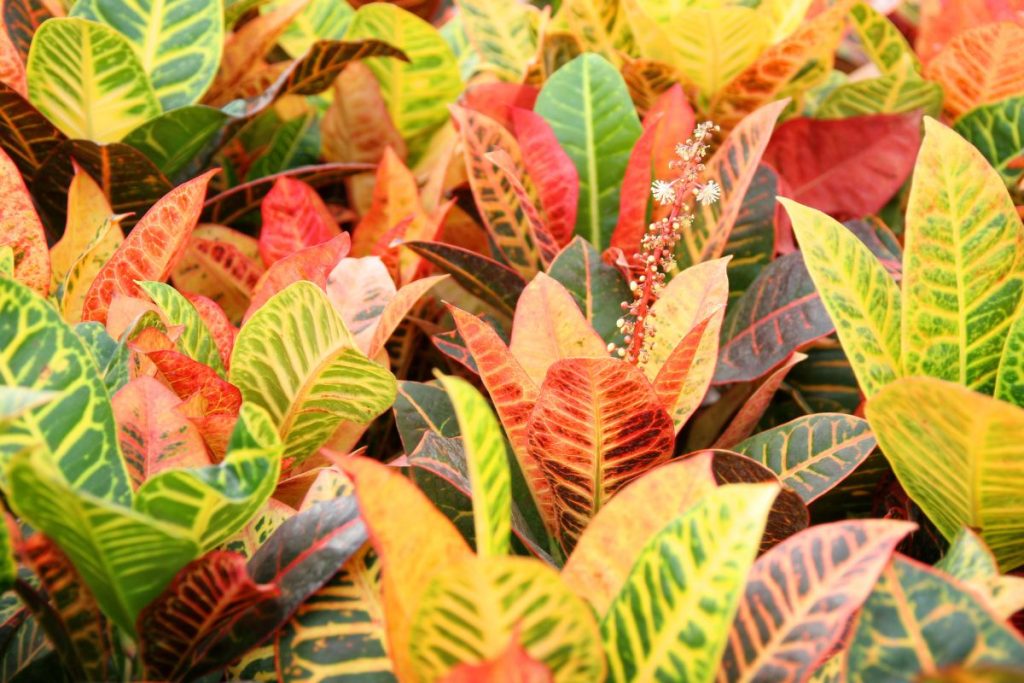
EXPLORING THE TIMELESS ELEGANCE OF WOOD TABLETOP
Wood table tops have survived the ages in interior decoration, where styles come and go. For its natural beauty, strength, and versatility, wood remains the most popular material for making gorgeous and useful table tops. The allure of wood not only lies on aesthetic appeal but also in its rich history, sustainability, and unique character bestowed upon each piece. To understand why wood table tops continue to capture our attention, we will examine their history, advantages, kinds, and care in this article.
Table of Contents
THE RICH HISTORY OF WOOD TABLE TOPS
Since ancient times, wood has played a significant role in human civilization. Wood helped make buildings, but early civilizations also learned how to use it to make furniture, including tabletops. Wood has greatly impacted the way our living spaces have been conceptualized, from the intricate patterns of Egyptian hardwood tables to the strong oak tables of medieval Europe. It is one of the most used options across all times and civilizations due to its availability, practicality, and timeless appeal.
ADVANTAGES OF WOODEN TABLE TOPS
ORGANIC BEAUTY
Wood table tops are beautiful because of the natural appeal they hold. Various wood species possess their grain patterns, colors, and textures that make each room cosier and more unique. Wood restaurant table tops can easily match various interior design themes. They may range from sleek, sophisticated elegance to the rugged allure of reclaimed oak.
LONGEVITY AND DURABILITY
Wood is known for its durability; furniture made of it will be there for years to come, withstanding all the daily wear and tear. An exquisite wood-top table can last for generations, reliving dozens of gatherings and meals shared over that one piece of furniture.
Wood can be carved in different styles and forms, creating many different tabletop designs. Wood can be tailored to suit your taste, be it a sleek, modern appearance or a classic, time-honored style.
SUSTAINABILITY
Growing environmental conservation concerns bring the sustainability of wood into focus. Wood table tops are an environmentally friendly option because responsible sourcing and certification programmers ensure that the wood that is used in furniture manufacture comes from properly managed forests.
ADAPTABILITY
It is easy to fix and restore wood table tops. An antique piece can often be rejuvenated by sanding off surface scratches, dents, and stains.
TYPES OF WOOD TABLE TOPS
HARD WOOD
Hardwood species, such as oak, maple, cherry, and walnut, are prized for their strength and lovely colors. Traditional designs often utilize oak due to its prominent grain, while modern designs enjoy maple’s smooth finish.
SOFTWOODS
Softwood species such as cedar and pine are rather less formal, rustic. They’re softer than hardwoods; however, they might also be used for a tabletop if polished and kept right.
EXOTIC WOODS
Exotic woods that have unusual colors and characteristic grain patterns include mahogany, teak, and rosewood. These woods are excellent for making high-end furniture, mainly because they often have a luxury feel about them.
RECLAIMED WOOD
Reclaimed wood is gotten from historic buildings, barns, and storage facilities and carries a unique history. It increases the authenticity and sustainability of a space by reusing materials that otherwise would be discarded.
MAINTAINING WOOD TABLE TOP
To ensure the life and beauty of wood table tops, proper care is required:
REGULAR CLEANING
Dust the surface regularly to prevent scratches and maintain the luster. For general cleaning, use a soft, wet cloth.
AVOID WATER
Avoid water as wood reacts to changes in moisture content. Use tablecloths, placemats, and coasters to protect the surface from heat and spillage.
PROTECTIVE COATS
A protective coat, like varnish, lacquer, or wax, protects wood from stains, scratches, and UV degradation.
AVOID DIRECT SUNLIGHT
Wood can fade and dry out when exposed to direct sunlight for long periods of time. Keep your table away from windows, or drape it with drapes that will block the sunlight.
REGULAR POLISHING
It preserved the natural beauty of the wood and polished it over time by polishing it using suitable materials.
November 26, 2024

















